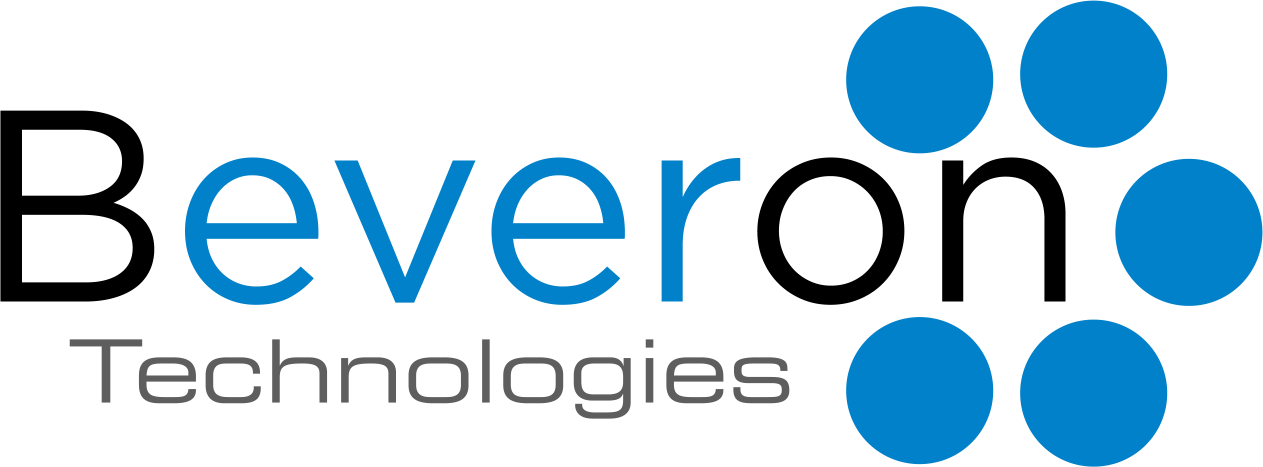Best Practices for Implementing a Contract Compliance Management System

Best Practices for Implementing a Contract Compliance Management System
In today’s corporate environment, contracts are more than just agreements — they are critical tools for managing risk, ensuring regulatory compliance, and protecting organizational interests. A Contract Compliance Management System (CCMS) helps legal teams monitor obligations, track deadlines, and enforce compliance efficiently. Implementing such a system requires careful planning and best practices to maximize its effectiveness.
1. Assess Your Organization’s Needs
Before selecting or implementing a CCMS, it’s crucial to understand your organization’s specific requirements.
Key considerations include:
- Types of contracts your organization handles (supplier, client, employment, NDAs, etc.).
- Regulatory and compliance requirements relevant to your industry.
- Current contract management challenges, such as missed deadlines or lack of centralized tracking.
- Integration needs with existing tools like ERP, CRM, or legal software.
By defining clear objectives, your legal team can select a system tailored to meet both operational and compliance needs.
2. Standardize Contract Processes
A successful implementation starts with consistent workflows and procedures.
Best practices:
- Establish standardized templates for different contract types.
- Define clear approval hierarchies and responsibility assignments.
- Set up consistent naming conventions and storage protocols.
- Implement milestone tracking for key dates, renewals, and obligations.
Standardization reduces errors, ensures uniform compliance, and simplifies system adoption for all users.
3. Choose the Right Technology
Selecting a CCMS that aligns with your firm’s requirements is essential.
Consider these features:
- Centralized repository for contracts and associated documents.
- Automated alerts for renewals, expirations, and compliance deadlines.
- Role-based access to ensure data security and confidentiality.
- Reporting and analytics capabilities to monitor compliance performance.
Opting for a system with user-friendly interfaces and scalable architecture ensures long-term adoption and flexibility.
4. Train Your Legal Team and Stakeholders
Even the best system is ineffective without proper training.
Training best practices:
- Conduct workshops to familiarize staff with system functionalities.
- Provide role-specific training for legal, procurement, and finance teams.
- Offer ongoing support and refreshers to address updates or changes.
- Encourage feedback to continuously improve workflows and system usability.
Empowered users are more likely to embrace the CCMS, ensuring compliance goals are met.
5. Monitor, Evaluate, and Optimize
Implementation doesn’t end with deployment. Continuous evaluation ensures the system delivers measurable value.
Key actions:
- Track key performance indicators (KPIs) like contract turnaround time and compliance adherence.
- Review audit trails regularly to identify gaps or risks.
- Update workflows and templates as regulations or business needs evolve.
- Use analytics to uncover trends and improve contract strategy.
Regular monitoring helps your legal department stay proactive and avoid costly compliance issues.
Smart Legal Contract: The Ideal Solution for Legal Departments in Qatar
For legal departments in Qatar, adopting a robust contract compliance system is crucial to streamline operations and ensure regulatory adherence. Beveron’s Smart Legal Contract Software is specifically designed to meet these needs.
Smart Legal Contract empowers teams to:
- Centralize contracts, track obligations, and manage compliance effortlessly.
- Automate alerts for renewals, deadlines, and contractual milestones.
- Access detailed analytics to optimize contract performance and mitigate risk.
- Improve collaboration across legal, finance, and procurement departments.
Implementing a Contract Compliance Management System is essential for modern legal departments aiming to reduce risk, enhance efficiency, and maintain regulatory compliance.
Transform your contract management processes with Beveron’s Smart Legal Contract Software.
Visit www.beveron.com to request a free demo and see how your legal department in Qatar can achieve seamless contract compliance and operational excellence.
Best contract compliance management software in Qatar
Best legal department software in Qatar
Best smart legal contract software in Qatar
If you need free demo on best contract compliance management software in Qatar, please fill the form below.










